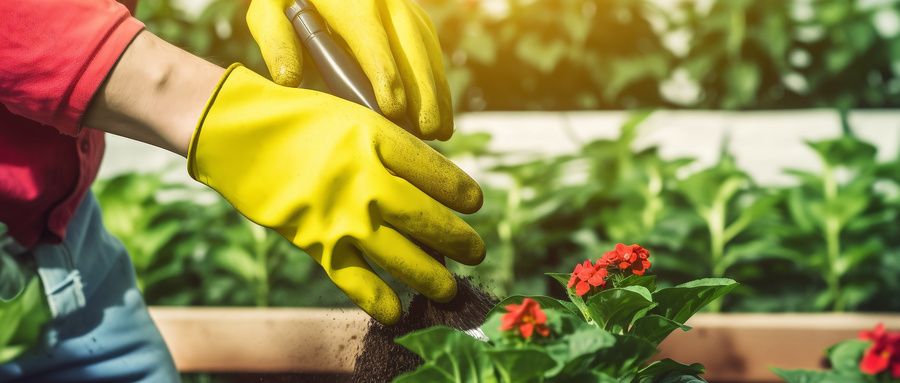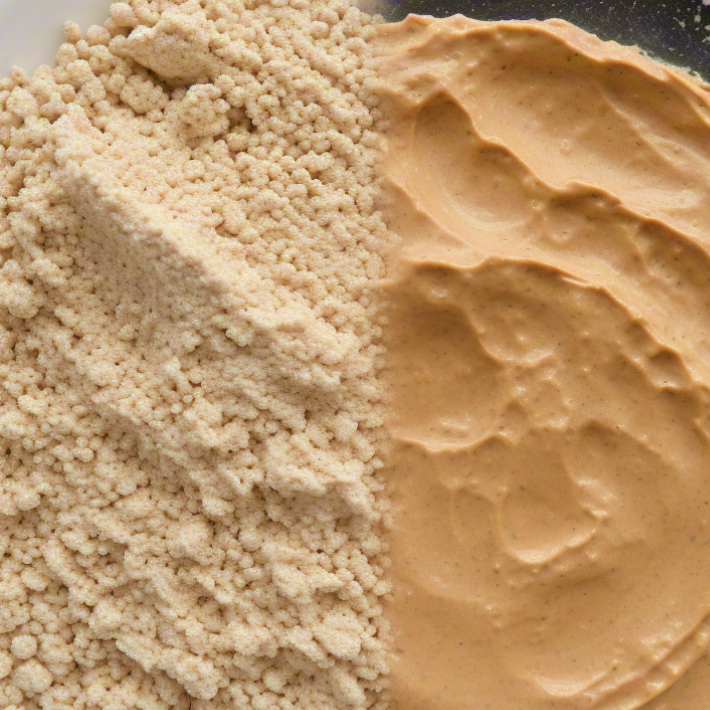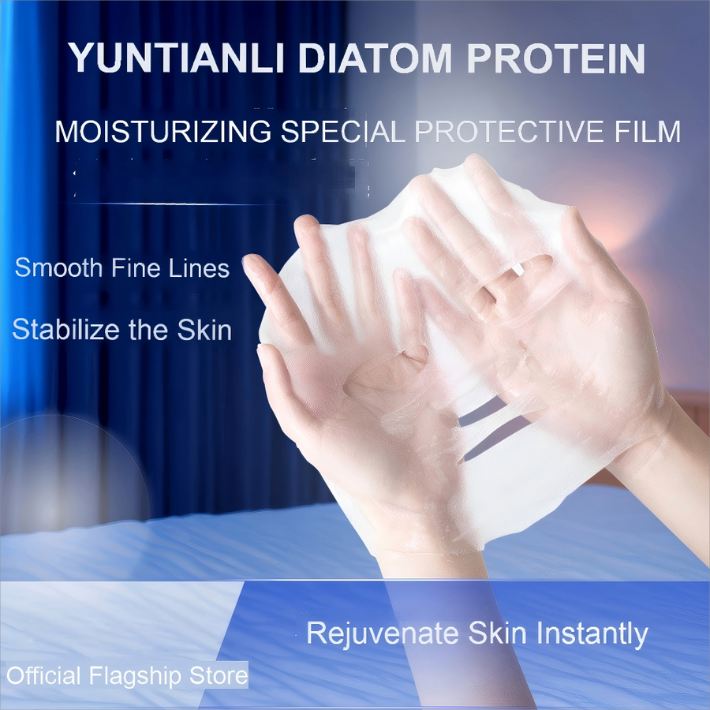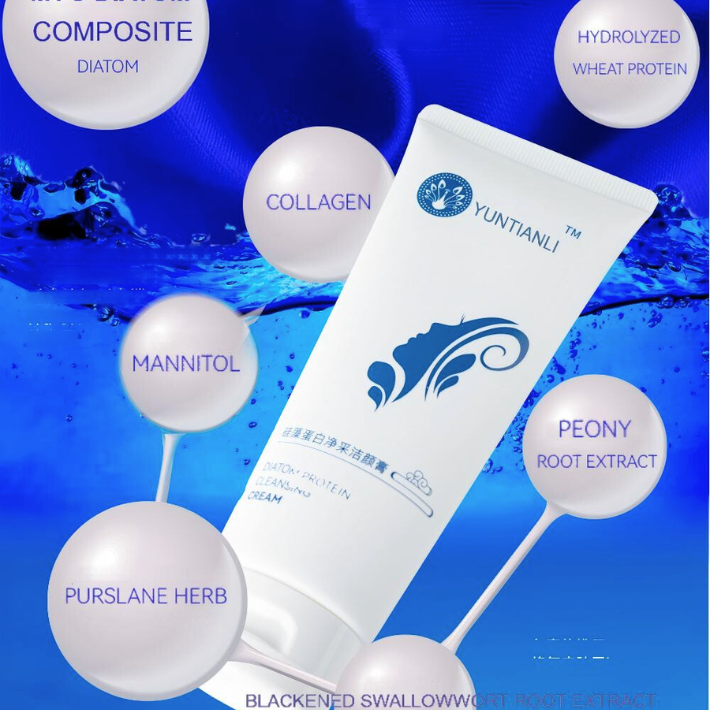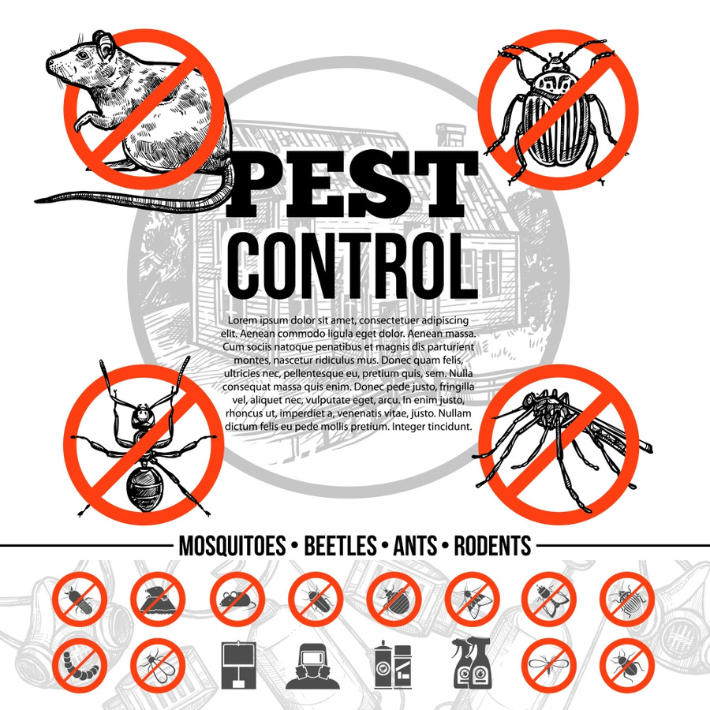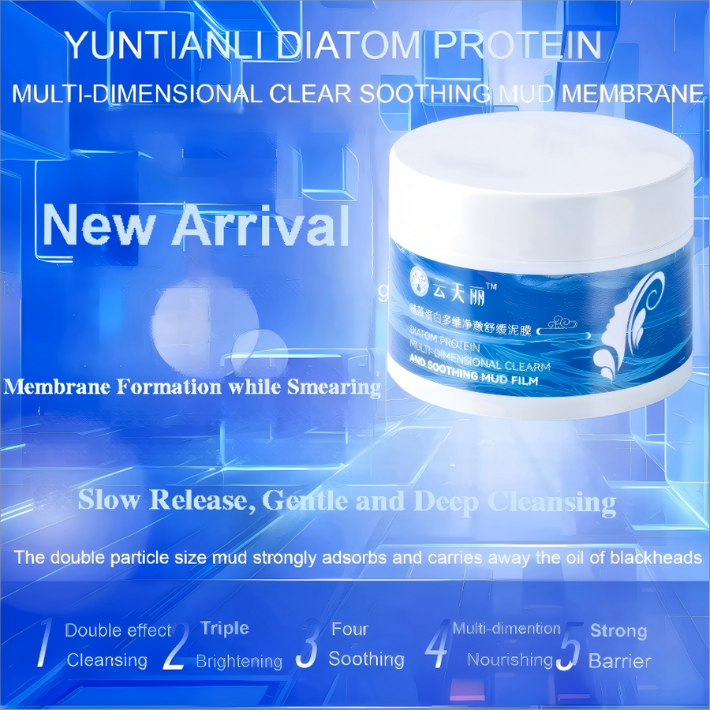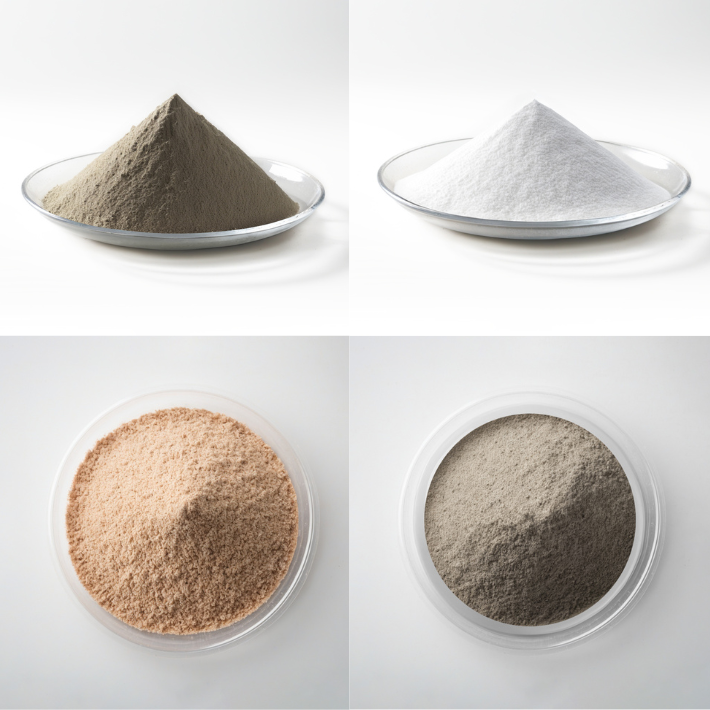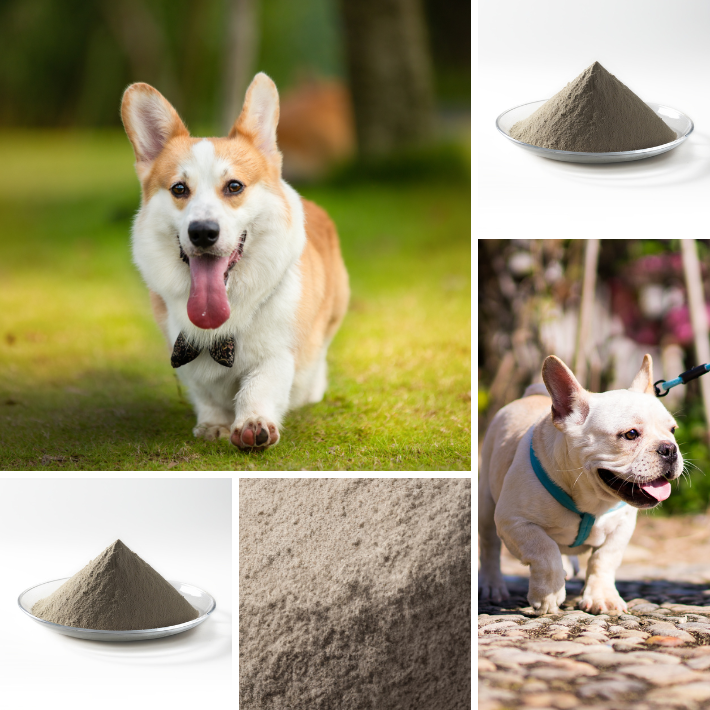
Transform Your Garden: The Benefits of Using Diatomaceous Earth for Healthy Plants
Discover how diatomaceous earth can transform your garden in 'Transform Your Garden: The Benefits of Using Diatomaceous Earth for Healthy Plants' by Matex YG. Explore its natural pest control, soil enhancement, and eco-friendly benefits for thriving plants and a healthier garden.
Gardening is a rewarding hobby that allows individuals to connect with nature, grow their own food, and create beautiful landscapes. However, maintaining a healthy garden can come with its challenges, including pests and soil health. One powerful tool that gardeners are increasingly turning to is diatomaceous earth (DE). This natural substance offers a range of benefits that can help transform your garden into a thriving ecosystem. In this article, we’ll explore what diatomaceous earth is, its uses in gardening, and the numerous advantages it provides for healthy plants.
What is Diatomaceous Earth?
Diatomaceous earth is a naturally occurring, soft sedimentary rock that is composed of the fossilized remains of tiny aquatic organisms called diatoms. These diatoms have a silica-based shell that, when ground into a fine powder, creates a product rich in silica. DE is non-toxic, making it safe for use in organic gardening and pest control. It is available in two main types: food-grade and industrial-grade. For gardening purposes, food-grade diatomaceous earth is recommended due to its safety for plants, animals, and humans.
Uses of Diatomaceous Earth in Gardening
- Pest Control: One of the most popular uses of diatomaceous earth in the garden is as a natural pest control solution. The tiny, sharp particles of DE can damage the exoskeletons of insects such as ants, cockroaches, and aphids, leading to dehydration and death. When sprinkled on plants or around garden beds, DE acts as a barrier that deters pests without the use of harmful chemicals.
- Soil Amendment: Diatomaceous earth can be used to improve soil structure and aeration. Its fine particles help to retain moisture while promoting drainage, ensuring that plants receive the right amount of water and nutrients. This is especially beneficial for sandy or compacted soils.
- Fertilizer Enhancer: The silica content in diatomaceous earth can strengthen plant cell walls, promoting sturdier growth and improving overall plant health. By mixing DE with your fertilizers, you can enhance nutrient uptake and stimulate root development.
- Diatomaceous Earth in Composting: Adding diatomaceous earth to your compost pile can help control odors and deter pests. It aids in maintaining a balanced environment for the decomposition process, resulting in rich, nutrient-dense compost for your garden.
- Seedling Protection: When starting seeds indoors or in a greenhouse, a light dusting of diatomaceous earth on the soil surface can help protect young seedlings from pests and fungal diseases. It creates a protective barrier while allowing air and moisture to reach the soil.
Benefits of Using Diatomaceous Earth
- Non-Toxic and Environmentally Friendly: One of the most significant advantages of diatomaceous earth is its non-toxic nature. Unlike chemical pesticides, DE is safe for beneficial insects, pets, and humans. This makes it an ideal choice for organic gardeners looking to protect their plants without harming the environment.
- Effective Pest Control: Diatomaceous earth is highly effective against a wide range of pests, including those that may become resistant to chemical treatments. Its physical mode of action ensures that pests cannot build up resistance, making it a reliable long-term solution for pest management.
- Improved Soil Health: By improving soil structure, diatomaceous earth can enhance microbial activity in the soil. Healthy soil is crucial for plant growth, as it provides essential nutrients and supports root development. DE helps create a balanced ecosystem that promotes biodiversity in the garden.
- Cost-Effective Solution: Diatomaceous earth is an affordable option for pest control and soil amendment. A small amount goes a long way, making it a budget-friendly choice for gardeners. Its versatility allows you to use it for multiple purposes, further increasing its value.
- Increased Plant Resilience: The silica in diatomaceous earth can boost plant resilience against environmental stressors, such as drought or disease. Plants fortified with silica tend to have stronger cell walls, making them less susceptible to damage and improving their overall health.
- Odor Control: For gardeners with compost bins, diatomaceous earth can help control unpleasant odors. It absorbs excess moisture and organic material, preventing the buildup of smells while promoting effective decomposition.
How to Use Diatomaceous Earth in Your Garden
- For Pest Control: Apply a thin layer of food-grade diatomaceous earth directly onto the soil or plants. Focus on areas where pests are known to congregate, such as around the base of plants or in cracks and crevices. Reapply after rain or heavy watering.
- As a Soil Amendment: Mix diatomaceous earth into your garden soil before planting. A ratio of about 10% DE to 90% soil is a good starting point. This will enhance soil structure and drainage.
- In Compost: Add a few tablespoons of diatomaceous earth to your compost pile to help control odors and deter pests. Mix it thoroughly to ensure even distribution.
- For Seedlings: Lightly dust the surface of the soil in seedling trays with diatomaceous earth to protect against pests. Ensure not to smother the seedlings; a thin layer is sufficient.
Precautions When Using Diatomaceous Earth
While diatomaceous earth is safe for most applications, it is essential to take some precautions:
- Avoid Inhalation: When applying DE, avoid breathing in the fine dust. Use a mask or respirator to protect your lungs, especially if you are applying it in large quantities.
- Water Activation: Diatomaceous earth loses its effectiveness when wet, so reapply after rainfall or watering. However, DE can still provide benefits in the soil even when it’s wet.
- Select Food-Grade DE: Always choose food-grade diatomaceous earth for gardening and pest control to ensure safety for plants and animals.
Conclusion
Diatomaceous earth is a versatile and effective tool for transforming your garden into a healthy, thriving environment. From pest control to soil enhancement, the benefits of using DE are numerous and impactful. By incorporating diatomaceous earth into your gardening practices, you can promote plant health, improve soil structure, and create a sustainable, eco-friendly garden. Whether you’re a seasoned gardener or just starting, diatomaceous earth can be an invaluable addition to your gardening toolkit. Embrace this natural solution and watch your garden flourish!


